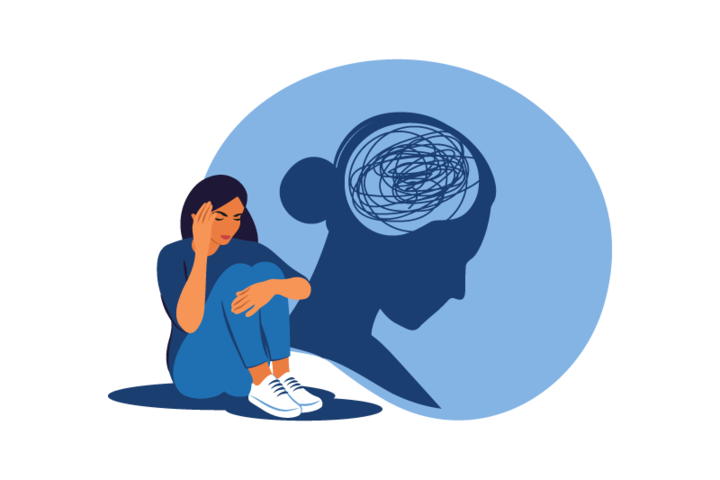Obsessive-Compulsive Disorder (OCD) is a mental health condition characterized by persistent, unwanted thoughts (obsessions) and repetitive behaviors or mental rituals (compulsions). These symptoms can significantly interfere with daily life and functioning. Understanding the symptoms, causes, and coping strategies for OCD is essential for individuals affected by the disorder and their families.
Symptoms of OCD
OCD symptoms can vary in severity and may include:
Obsessions: Intrusive, unwanted thoughts, images, or urges that cause significant anxiety or distress. Common obsessions include fears of contamination, doubts about safety, and a need for symmetry or order.
Compulsions: Repetitive behaviors or mental acts performed in response to obsessions to reduce anxiety or prevent a dreaded event. Compulsions may include excessive hand washing, checking, counting, or repeating rituals.
Causes of OCD
The exact cause of OCD is unknown, but several factors may contribute to its development:
Genetics: OCD tends to run in families, suggesting a genetic predisposition.
Brain Chemistry: Imbalances in neurotransmitters, particularly serotonin, may play a role in the development of OCD.
Environmental Factors: Traumatic life events, chronic stress, or childhood adversity may trigger or exacerbate symptoms of OCD.
Coping Strategies
While there is no cure for OCD, several strategies can help individuals manage their symptoms and improve their quality of life:
Therapy: Cognitive-behavioral therapy (CBT), particularly exposure and response prevention (ERP), is the most effective treatment for OCD. Therapy helps individuals confront their fears gradually and learn healthier ways to cope with obsessions and compulsions.
Medication: Selective serotonin reuptake inhibitors (SSRIs) and other antidepressants can help reduce symptoms of OCD by affecting neurotransmitter levels in the brain.
Lifestyle Changes: Regular exercise, adequate sleep, healthy eating habits, and stress management techniques can help reduce anxiety and improve overall well-being.
Support Network: Seeking support from loved ones, joining support groups, or connecting with others who have OCD can provide validation, understanding, and encouragement during difficult times.
Conclusion
OCD is a challenging but treatable mental health condition that affects millions of people worldwide. By understanding its symptoms, causes, and coping strategies, individuals with OCD can seek help and support to effectively manage their symptoms and lead fulfilling lives. With proper treatment and support, it is possible to regain control and overcome the challenges posed by OCD.
Source – Mayo Clinic



